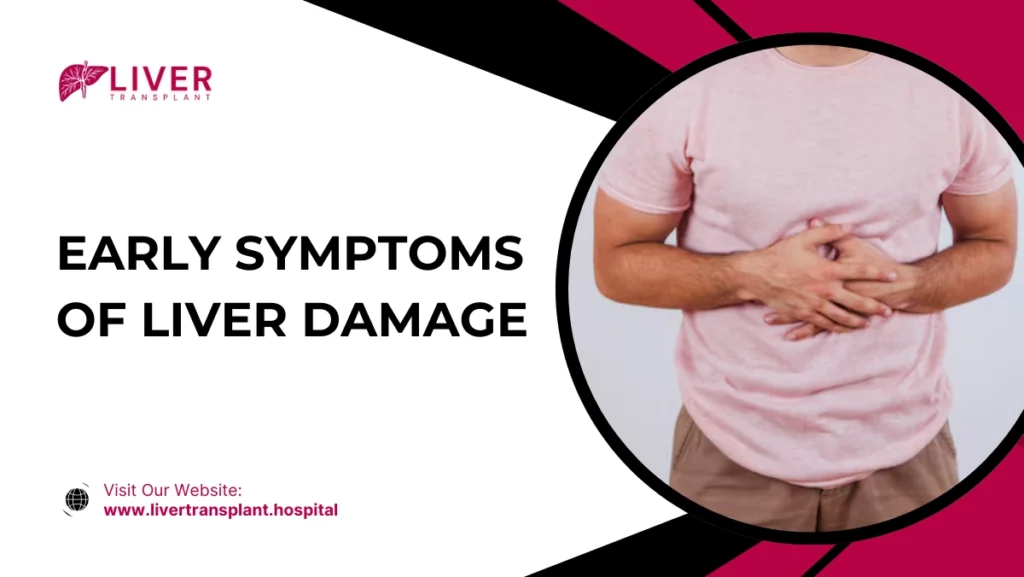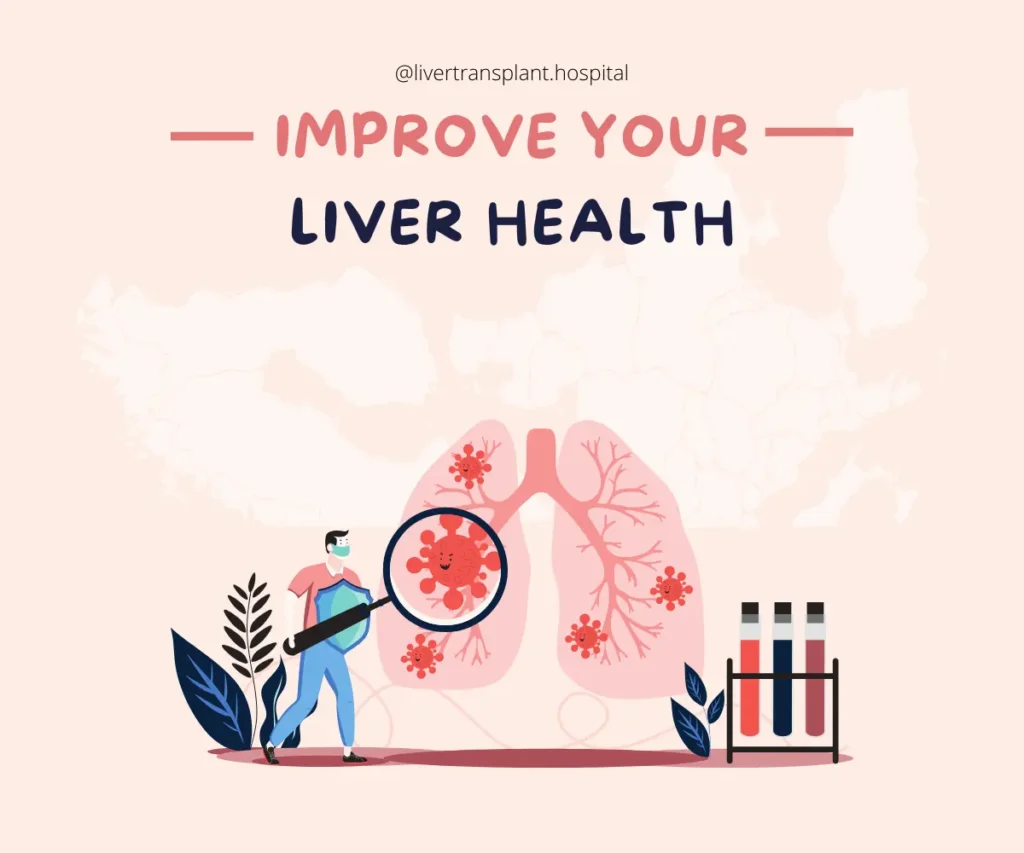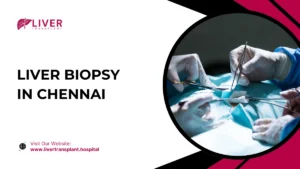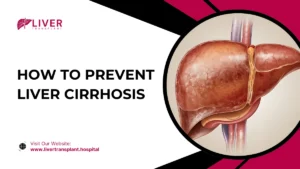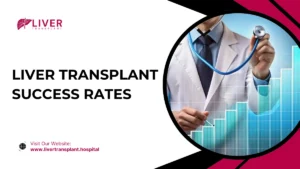The liver is a vital organ in the human body, responsible for a multitude of functions that help keep us healthy. Recognizing the early symptoms of liver damage is crucial, as it can facilitate early intervention and treatment.
The Role of the Liver
Before we dive into the early symptoms of liver damage, it’s essential to understand the critical functions that liver treatment performs.
- Metabolism: It helps in breaking down and storing nutrients from the food we eat, regulating blood sugar levels.
- Detoxification: The liver filters and eliminates toxins from the bloodstream, aiding in the body’s natural detoxification process.
- Production of Proteins: It produces essential proteins, including those necessary for blood clotting.
- Storage: The liver stores essential vitamins, minerals, and glycogen for energy.
- Digestion: It produces bile, which is crucial for digesting fats in the digestive system.
Given its numerous functions, any damage or disease affecting the liver can have far-reaching consequences.
Early Symptoms of Liver Damage
- Fatigue: Feeling unusually tired or fatigued is one of the early symptoms of liver damage. The liver plays a role in energy production, and when it’s not functioning correctly, you may experience constant tiredness.
- Jaundice: Jaundice is a condition where the skin and the whites of the eyes t.urn yellow due to the buildup of bilirubin in the blood. This can be a sign of liver damage.
- Abdominal Pain: Discomfort or pain in the upper right abdomen can be an early symptom of liver problems.
- Swelling: Swelling in the abdomen or legs, also known as edema, can occur when the liver is struggling to manage fluid balance in the body.
- Unexplained Weight Loss: Sudden and unexplained weight loss can be a sign of liver disease, as the liver’s role in metabolism is compromised.
- Changes in Urine and Stool: Dark urine and pale-coloured stool can be indicators of liver damage.
- Nausea and Vomiting: Persistent nausea and vomiting may result from liver issues and can lead to poor appetite.
- Itchy Skin: Pruritus or itchy skin can manifest as one of the early symptoms of liver problems, often arising when the liver struggles to efficiently process and eliminate toxins from the body.
Causes of Liver Disease
Understanding the early symptoms of liver damage is essential, but recognizing the underlying causes is equally important. Numerous factors can lead to liver disease, including:
- Alcohol Consumption: Alcoholic liver disease can result from a prolonged and excessive alcohol intake.
- Viral Infections: Hepatitis viruses (A, B, C, D, and E) can infect the liver and cause inflammation, potentially leading to liver damage.
- Non-Alcoholic Fatty Liver Disease (NAFLD): This condition is associated with obesity and metabolic syndrome and can lead to fatty liver, inflammation, and scarring.
- Medications and Toxins: Certain medications, as well as exposure to toxins, can harm the liver.
- Autoimmune Diseases: Conditions like autoimmune hepatitis can lead to the immune system attacking the liver.
- Genetic Factors: Genetic disorders like hemochromatosis and Wilson’s disease can contribute to liver problems.
- Poor Diet: A diet high in unhealthy fats and sugar can contribute to fatty liver disease.
- Cirrhosis: The scarring of the liver tissue due to long-term liver damage can result in cirrhosis.
Importance of Early Detection
Detecting liver disease early can make all the difference. Liver problems can often be silent at first, but being aware of alcoholic liver disease early symptoms can prompt action. Early signs like fatigue, nausea, and weight loss shouldn’t be ignored.
- Prevent Progression: Identifying liver issues in their early stages allows for intervention and lifestyle changes that can prevent the progression of liver disease to more advanced stages.
- Improve Treatment Outcomes: Early detection provides the opportunity for timely medical management and treatment, increasing the chances of a positive outcome.
- Reduce Complications: Addressing liver problems at an early stage can help prevent complications such as liver cirrhosis and liver failure.
- Enhance Quality of Life: Early treatment can help maintain a better quality of life by preventing symptoms from worsening.
Types of Liver Disease
Liver disease comes in many forms, affecting people in different ways. Some common types include:
- Alcoholic liver disease: Caused by heavy drinking over time, damaging the liver.
- Fatty liver disease: Often linked to obesity, this occurs when fat builds up in the liver.
- Hepatitis: Inflammation of the liver, usually due to a viral infection.
Recognizing alcoholic liver disease early symptoms is crucial. Some early signs include fatigue, nausea, and jaundice (yellowing of the skin).
Conclusion
Recognizing the early symptoms of liver damage is crucial in maintaining overall health and well-being. The liver’s multifaceted role in the body makes it a vital organ and any damage or disease can have far-reaching effects. Understanding the early signs of liver and kidney damage and seeking prompt medical attention can make a significant difference in the outcome. If you or someone you know is experiencing any of these symptoms, consult a healthcare provider for proper evaluation and guidance. Early detection of early symptoms of liver problems can pave the way for effective treatment and a healthier, liver-friendly lifestyle.

